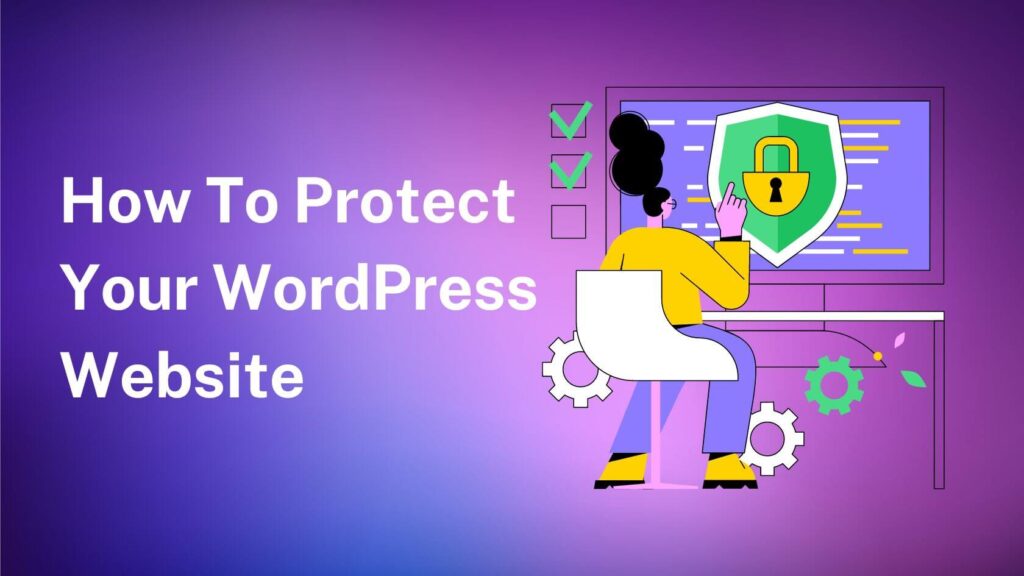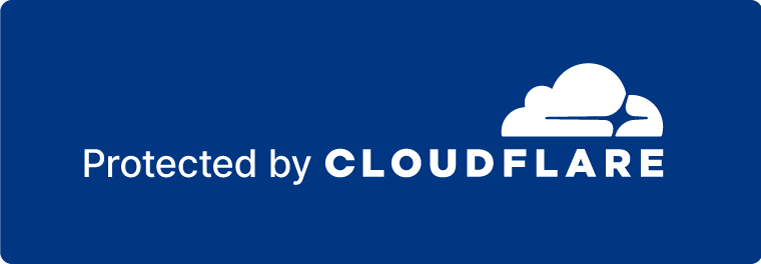WordPress is one of the most popular content management systems (CMS) used by millions of websites worldwide. Unfortunately, it can also be a target for malicious hackers who are looking to gain access and exploit your website’s data or resources. In this blog post, we will discuss tips on securing your WordPress website from hacking attacks.
- Use Strong Passwords: One of the simplest ways to protect your WordPress site is by using strong passwords that automated tools cannot easily guess or crack. Make sure all user accounts have unique passwords with at least 8 characters, including uppercase letters, lowercase letters, numbers, and symbols. It’s also essential to change these passwords regularly in order to keep them secure over time.
- Keep Software Up-to-Date: You must keep all software related to your WordPress installation up-to-date to ensure maximum security against any potential vulnerabilities or exploits that may exist within outdated versions of plugins or themes installed on your site. This includes core files and third-party extensions such as plugins and themes, which should always be updated when new versions become available to avoid any potential threats posed by older code bases being targeted by attackers.
- Install Security Plugins: Security plugins provide an extra layer of protection for your WordPress website and help prevent unauthorized access attempts while monitoring activity logs, so you know what’s happening behind the scenes at all times. Best security plugins for wordpress website include Wordfence Security, iThemes Security Pro, and Sucuri Security, which offer features like malware scanning & removal capabilities along with two-factor authentication support for added security measures beyond just username/password combinations alone.
- Monitor User Activity Logs: Monitoring user activity logs helps identify suspicious behavior quickly before it becomes a significant issue allowing administrators to take action accordingly if necessary. These log entries contain information about login attempts, failed password resets, plugin installations/updates, etc., making it easy for admins to track down possible source problems without manually digging through source code.
- Utilize SSL Certificates: Installing an SSL certificate encrypts communication between web browsers and visitors, ensuring sensitive data remains private during transit, preventing man-in-the-middle type attacks where someone could intercept and steal confidential info sent back and forth between server-client machines. Most hosting providers now offer free Let’s Encrypt certificates, makes the process of setting up HTTPS connection relatively straightforward, even those unfamiliar technical aspects involved doing so manually via command line interface ( CLI ) commands.
Conclusion: Securing a WordPress website requires vigilance and dedication, but following the steps outlined above will go a long way towards protecting valuable assets and online presence safe sound from intruders trying to cause harm and damage reputation and business operations alike!







